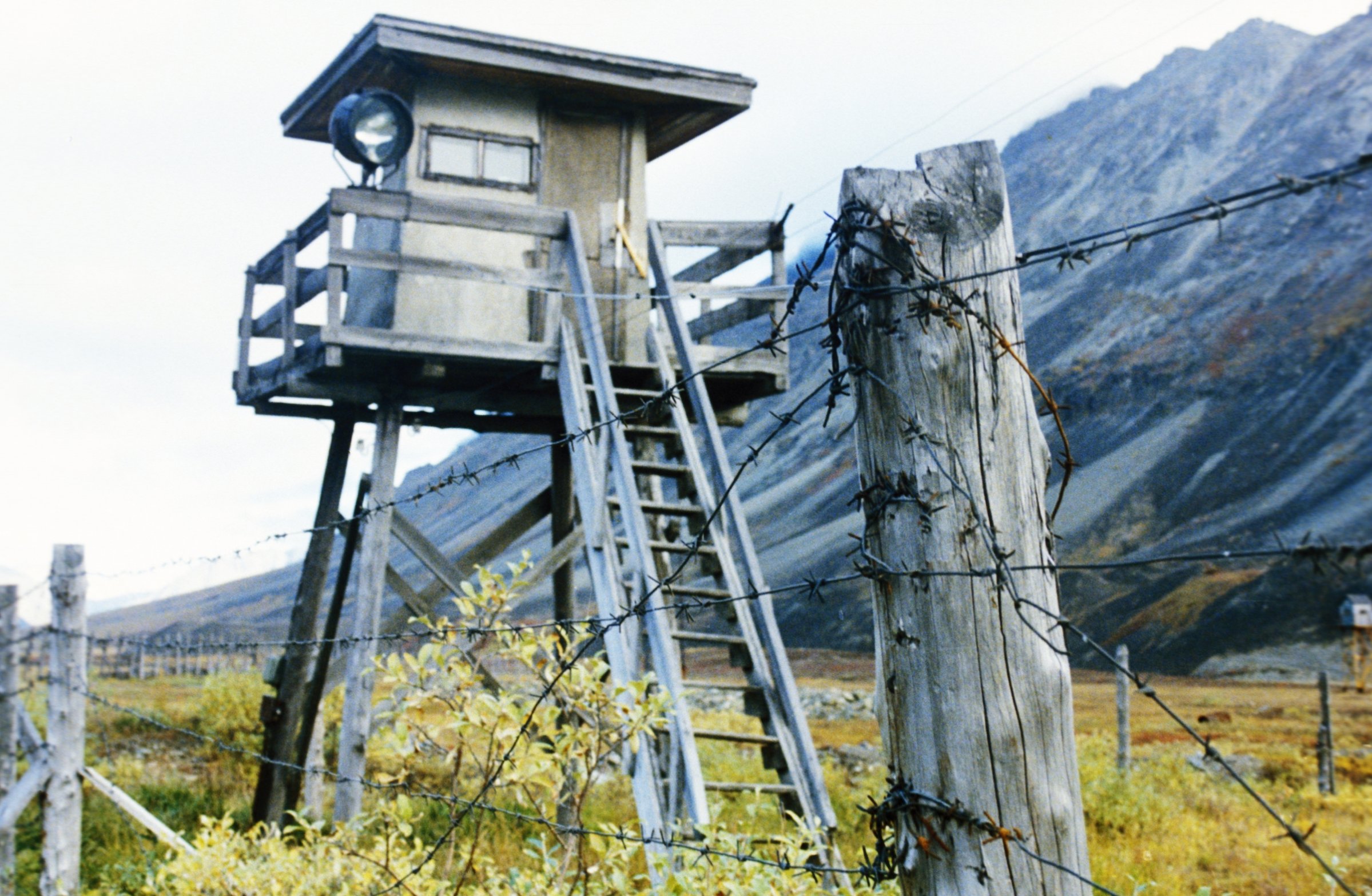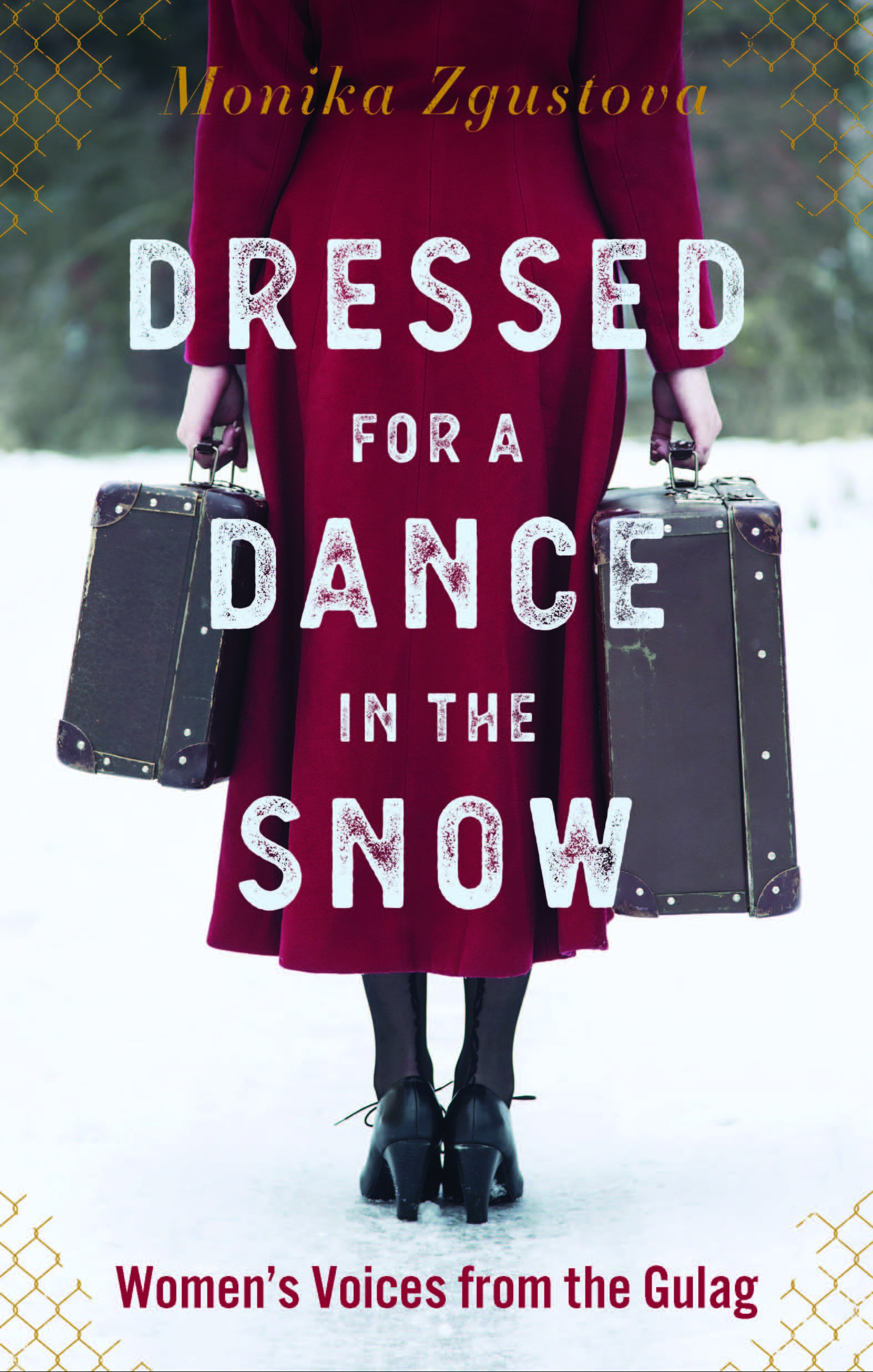
When the liberation movement known as the Prague Spring ended in August 1968, suppressed by Soviet tanks, and Czechoslovakia was once again under the aegis of the Soviet Union, Soviet authorities began to persecute my father, an eminent linguist, for having participated in the protests in his native Prague. It was then that my parents started to think about fleeing and settling in the US. It wasn’t an easy task, because under communism it was illegal to leave the country. After a long period of deliberation in the mid-1970s, my parents went with their two teenage children — my brother and me — on a trip to India organized by the Czech state travel agency Čedok. Sixty people undertook the journey and only four of them returned to Prague. Our family was among those who absconded.
As a college student in America, my main fields of interest were Russian language, literature and culture as well as Eastern European cultural history. I read most of the 19th century Russian classics, but didn’t stop there — I also researched the dissident movements in the USSR and its satellite countries. After that I taught Russian in several American universities and always encouraged discussion among my students about Russian cultural and historical issues. Later on I moved to Barcelona, where I started translating Russian and Czech literature into Spanish and Catalan. The dissidents as well as the internal and external émigré writers were at the top of my list: Marina Tsvetaeva, Anna Akhmatova, Václav Havel, Milan Kundera, Bohumil Hrabal, Josef Škvorecký . . . I feverishly translated them all. And ever since I started to write my own fiction, my novels have always dealt, one way or another, with the subject of women under totalitarianism.
In September 2008, I traveled to Moscow. Once I was there, a writer friend, Vitaly Shentalinsky, who was familiar with my interests, invited me to accompany him to a meeting of former prisoners of the Gulag. I had never met anyone who had been kept in the Gulag, but I knew that Stalin’s reign is referred to as “the other Holocaust” because many more people perished during the 24 years of his terrifying reign (1929–1953) than died under Nazi rule (although they died over a longer period of time); most historians estimate that 30 million people were killed by Stalin’s regime. I said yes.
Get your history fix in one place: sign up for the weekly TIME History newsletter
I had imagined the ex-prisoners as lifeless shadows, but the people who showed up, most of them old and poor, were often lively. I was surprised to see many women — most of them Jews — at that literary and political gathering. While I listened to them reciting their poems and reading their stories and essays, I began to wonder how they had endured the cruel conditions of the Gulag. I decided then and there that I wouldn’t leave the Russian capital without interviewing some of those survivors.
At the gathering, they introduced me to Semyon Vilensky, another ex-prisoner and, like so many others, a Jew. He kept an archive of texts in prose and verse that people had composed in the Gulag. The next day I visited him at his apartment on the outskirts of the city. “The prisoners could write almost nothing down,” Vilensky explained, “because they were only allowed to write a few letters to their families every year. They usually didn’t have paper or a pencil, so they had to create the poems in their minds and then memorize them. I know a few who had memorized tens of thousands of verses. They didn’t forget them, and when they got out of the Gulag, they transcribed them.”
It was then that I started to see the magical power of beauty — the beauty of poetry but also, as I later learned, of the natural world — for a person who has been downtrodden, and I longed to discover more about the people who had had to spend years or even decades in the forced labor camps. I decided I’d interview only women, because they were less documented than the male prisoners. Semyon Vilensky gave me a few names and telephone numbers. “These are all passionate readers, and they are fond of art and music,” he told me. “In their houses you will find excellent libraries and works of art. Most of the people who survived had a certain level of culture. To put it another way: culture helped them survive.”
Step Into History: Learn how to experience the 1963 March on Washington in virtual reality
To reach them, I had to take the metro and then trains, buses, or streetcars. There, on the outskirts of the capital, the former political prisoners greeted me with what I had come to see as Russian hospitality. Never completely rehabilitated, they remembered their years of captivity with horror, but many also told me their lives would have been incomplete without that experience.
It was hard for me to accept this. However, as the conversations continued and they showed me their photographs and books (Semyon Vilensky was right: they had all gathered impressive libraries in their modest apartments), I began to understand. What these women found in the Gulag was their hierarchy of values, at the top of which were books and invulnerable, selfless friendship.
These exiled Russian women found refuge in friendship and poetry. I would like my readers to learn about the Gulag through the stories of the intelligent, sensitive and strong women I had the honor of interviewing — women who, in these interviews, relived their own lives and the lives of their friends, all rich in incident and experience. Talking to “my” women, I realized that human beings are capable of great fortitude, and I also realized that there is no situation, no matter how awful, that we cannot survive.

Excerpted from Dressed for a Dance in the Snow: Women’s Voices from the Gulag by Monika Zgustova, translated by Julie Jones, available now from Other Press. Copyright © Other Press, 2020. Reprinted by permission of Other Press.
More Must-Reads from TIME
- Cybersecurity Experts Are Sounding the Alarm on DOGE
- Meet the 2025 Women of the Year
- The Harsh Truth About Disability Inclusion
- Why Do More Young Adults Have Cancer?
- Colman Domingo Leads With Radical Love
- How to Get Better at Doing Things Alone
- Michelle Zauner Stares Down the Darkness
Contact us at letters@time.com